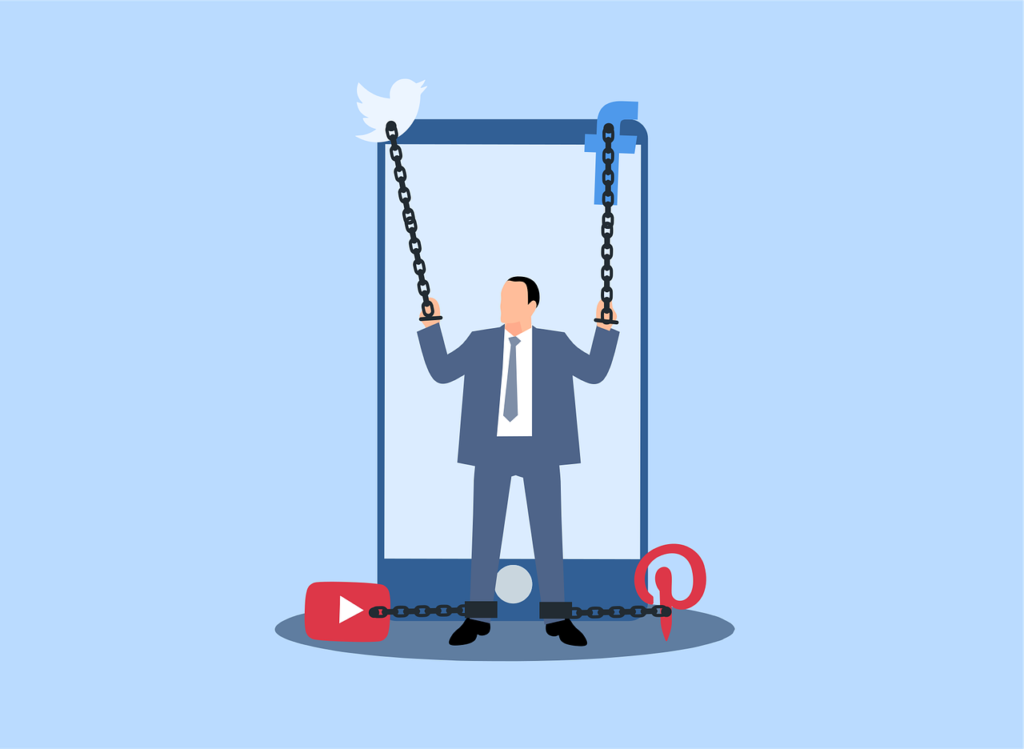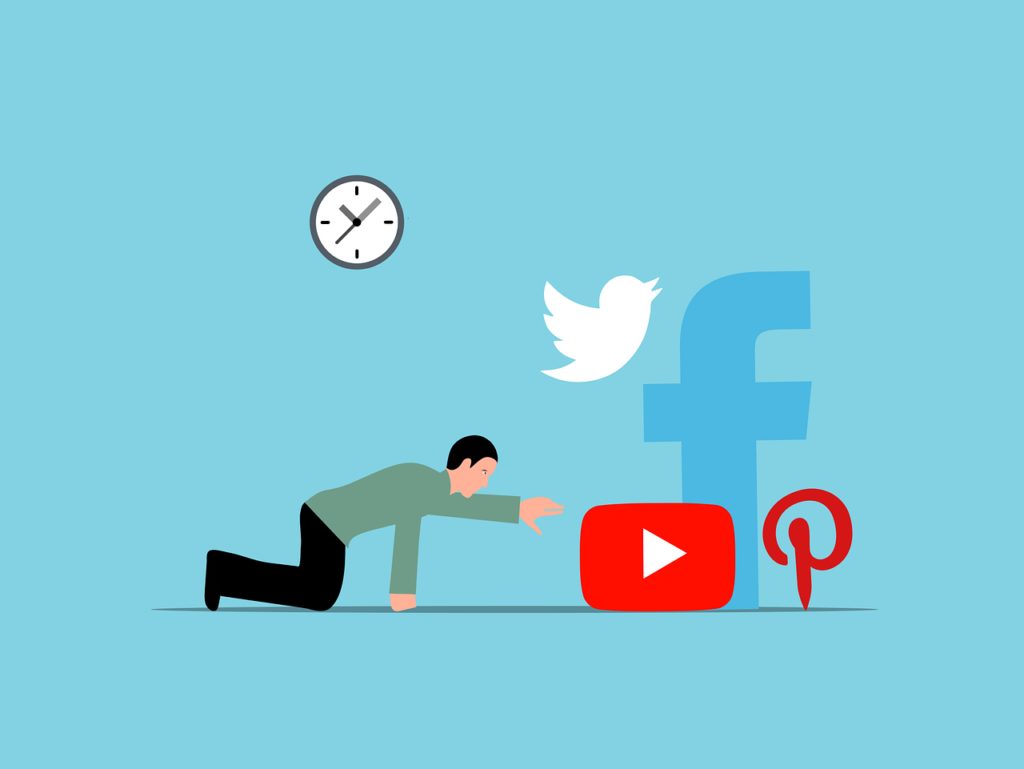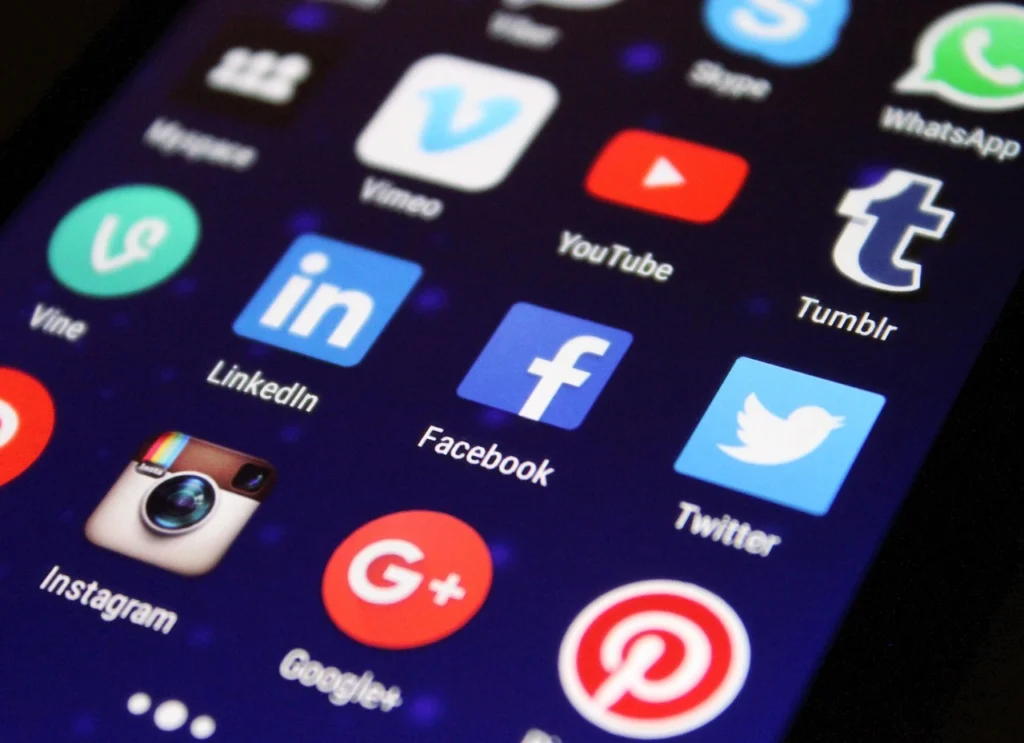In this internet age, social networking sites have become a part of our existence. From reading Instagram updates at breakfast to checking Twitter before bedtime, social networking surrounds us. It guarantees connection, entertainment, and knowledge, yet there is a dark, lesser-known side. Social media isn’t a tool; it’s an expertly designed system coded to control your thoughts, emotions, and actions. Let’s unearth the shocking facts about how it’s controlling your mind.
The Psychology of Social Media Addiction
Social media platforms are based on the laws of behavioral psychology. Every time you like, comment, or share something, it releases a little bit of dopamine in the brain the same thing that gets released when we eat chocolate or get a reward. It creates a reward loop, and you keep looking at your notifications repeatedly.

The more time that goes by, your brain begins to crave this online acceptance. That “just one more scroll” mentality? Not sloth it’s a neurological response engineered by algorithms to hook you.
Algorithmic Manipulation
Social media platforms employ sophisticated algorithms to decide what you see. These algorithms are biased; they’re designed to generate maximum engagement. According to your past, they utilize that to predict what will make you click on, comment on, or share next.
- Echo Chambers: Algorithms show you content that is similar to what you already enjoy, reinforcing your existing views and opinions.
- Emotional Triggers: You’re more likely to engage with that content that triggers intense emotions such as anger, fear, or excitement.
- Personalized Feeds: Every user’s feed is tailored separately to get them scrolling more, shaping their worldview in small ways.
How Social Media Changes Your Perception of Reality?
One of the darkest side effects of social media is its ability to distort reality. People share only the highlights of their existence vacation, achievements, and perfect dinners. Being bombarded constantly by this versioned reality can lead to:
- Comparison and Insecurity: The sense that your life doesn’t measure up.
- Fear of Missing Out (FOMO): Anxiety that other people are living fuller, more amazing lives.
- Confirmation Bias: You notice only information that verifies what you believe, limiting critical thought.
The effect might be harmless enough to start with, yet it progressively affects how you perceive yourself and the world.

Social Media and Mental Health
Science has linked excessive social media use with depression, anxiety, and lower self-esteem. The dopamine reward system keeps you hooked again for more, while the content you’ve chosen always reminds you of what you “lack.”
Sleep Disturbance: Midnight scrolling interferes with circadian rhythms, reducing sleep quality.
Decreased Attention Span: Serial notifications hinder attention maintenance in real life on real-world tasks.
Emotional Contagion: Exposure to online negativity can amplify stress and sadness offline.
The Commercial Manipulation of Your Mind
Social media isn’t just about connecting people it’s a multi-billion-dollar industry built on monetizing attention. Every like, click, and view is tracked and sold to advertisers. You’re not just a user; you’re a product being packaged and targeted for profit.
Targeted Ads: By analyzing your behavior, platforms serve ads that feel “personalized,” subtly influencing your choices.
Shopping Triggers: Notifications and influencer promotions create impulse buying tendencies.
Political Manipulation: Data-driven campaigns can sway opinions and even win elections.
Taking Back Control
The good news is that you do not have to be a helpless victim of this online manipulation. This is what you can do in real life:
Limit Screen Time: Use apps to track and restrict your social media usage.
Curate Your Feed: Follow people who inspire, educate, or motivate you rather than give you anxiety. Put.
Digital Detox: Regular social media breaks reset your brain and attitude.
Mindful Engagement: Ask yourself why you’re opening an app: recreation, boredom, or habit?
Educate Yourself: Familiarity with algorithms and behavioral psychology gives you the power to be less manipulable.

Social media is a powerful force that unites us in ways unimaginable mere decades before. But behind the glistening posts and trending clips lies an insidious mind control, designed to sway your feelings, convictions, and actions. Awareness is the starting point to reclaiming your mental sovereignty. The next time you mindlessly scroll, pause for a moment and ask yourself, are you in control of your feed, or is it in control of you?
Read Related Topics
Why are people mad over the iPhone 17 launch?
The Dark Side of Artificial Intelligence No One Is Talking About
Apple iPhone 17 Series Launch Expected in Early September 2025
